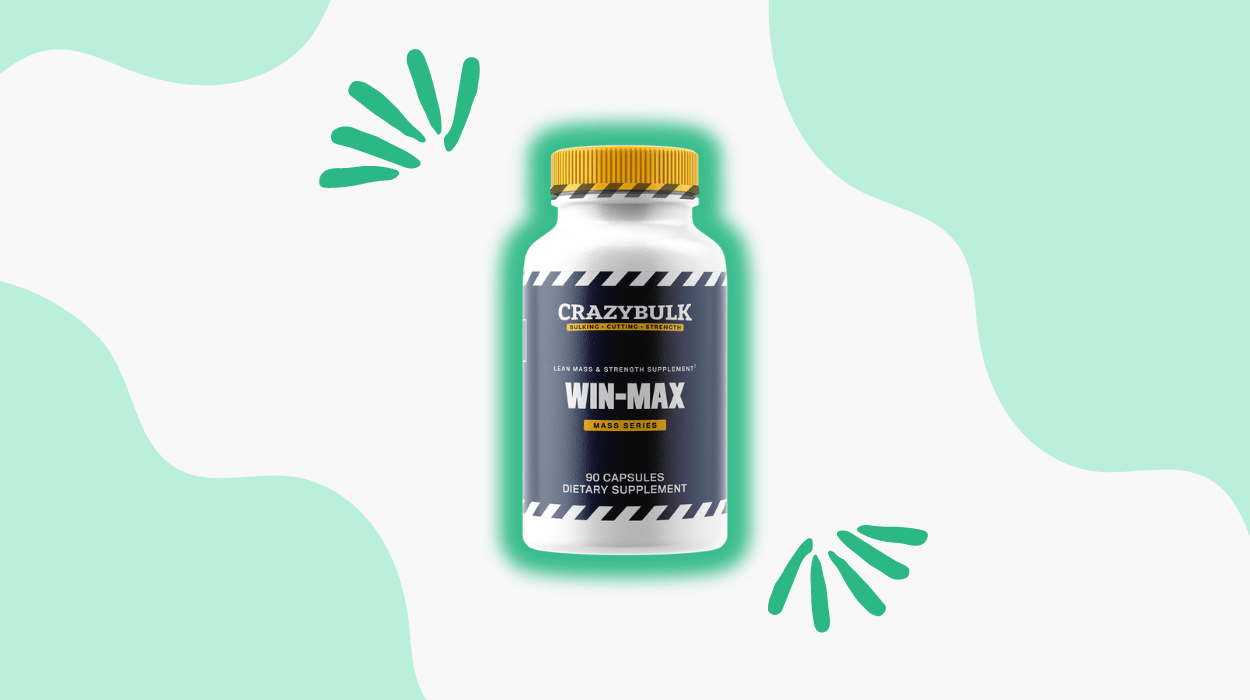

Post-breakup people may anticipate feelings of grief, anger, rejection, or emotional turmoil. However, feelings of anxiety may sneak in as an unexpected companion.
After a disheartening breakup with your partner, you might find yourself ruminating or overthinking about how your relationship went sideways.
Post-breakup anxiety may manifest as intrusive thoughts, physical restlessness, sleep troubles, or panic feelings.
The aftermath of a breakup may evoke fears and uncertainties that possibly contribute to heightened anxiety. The sudden shift in relationship dynamics, coupled with the loss of a significant emotional connection, may leave you grappling with a mix of emotions.
Acknowledging the presence of anxiety post-breakup is crucial in navigating this challenging period with self-awareness and compassion. Breakup anxiety could be managed by trying simple coping strategies.
Feelings of tension, worry, or fear against actual and perceived threats characterize anxiety. Physical symptoms like sweating, rapid heart rate, and increased blood pressure often accompany it.
Having occasional anxiety episodes can be motivating. However, excessive or persistent anxiety could be debilitating and significantly impact daily functioning and mental well-being.
Those with anxiety disorders may find it challenging to engage in certain activities due to overwhelming worry. Therapy and anti-anxiety medications are commonly utilized to manage anxiety disorders effectively.

Good self-care habits could help you deal with anxiety. To address physical distress linked to post-breakup anxiety, aim for 15–30 minutes of daily physical activity, preferably outdoors for sunlight and fresh air.
Maintaining adequate water intake could reduce the risk of developing depression and anxiety. Therefore, ensure you drink enough water and avoid excessive alcohol consumption that may worsen anxiety.
Emotional self-care plays a significant role in managing anxiety post-breakup. Consider keeping a daily journal to process your thoughts and emotions, dedicate time to meditation, and find solace in music.
Schedule daily relaxation sessions to unwind and allow yourself to grieve the loss. These practices may help you navigate the emotional turmoil that often accompanies a breakup.
Mindfulness is a practice that encourages present-moment awareness and non-judgmental acceptance of thoughts and emotions. It could be a valuable approach to managing day-to-day anxiety and distress.
Through mindfulness practices like deep breathing, body scans, and relaxation exercises, you could learn to regulate emotions and minimize the intensity of anxiety symptoms.
Mindfulness practices may help divert your attention from the distress of your breakup to more productive areas. It may help you acknowledge anxious thoughts as they arise, allowing for a more conscious response rather than reacting impulsively.
Engaging in your favorite activities post-breakup may provide a much-needed respite and positive distraction from the emotional turmoil of the breakup.
After a breakup, having extra time on your hands may lead to overthinking and cycling through negative emotions. Rewarding activities could be a helpful way to fill this void, as they offer positive distractions throughout the day.
Watching a favorite comedy show, immersing yourself in a good book, or taking a leisurely stroll in a park could prove beneficial. These activities may help during vulnerable moments when focusing on a specific task seems daunting.
The key is to choose activities that are easy and bring joy, offering a break from intrusive thoughts and providing moments of comfort.
Talk therapy, especially cognitive behavioral therapy (CBT), could assist in addressing behaviors that contribute to anxiety. In CBT sessions, you collaborate with a mental health professional to recognize and modify negative thought patterns that might intensify anxiety.
Therapy offers a safe space to discuss breakup distress openly and explore what you desire in future relationships. By examining your emotions and thought processes, therapy may help you gain insights into your reactions and coping mechanisms post-breakup.
A therapist may recommend coping strategies tailored to your unique needs, empowering you to navigate post-breakup anxiety effectively. Seeking professional help may equip you with the tools to confront anxiety, rebuild self-esteem, and foster personal growth following a breakup.
Prioritizing quality sleep is a crucial component of managing anxiety after a breakup. Research highlights the adverse impact of poor sleep quality on increasing anxiety levels. Getting 7-9 hours of sleep is ideal for overall health.
The following tips may induce quality sleep and mitigate the distress of post-breakup anxiety:
Friends or family may provide a valuable source of understanding and comfort during the breakup phase. They can offer different perspectives, distractions, and a sense of connection that helps in coping with breakup-related anxiety.
Spending time with friends may create a safe space for sharing emotions and help shift your focus away from negative thoughts associated with the breakup.
Your family or friends may offer a listening ear, words of encouragement, and companionship. This could help reduce the sensation of loneliness and enhance feelings of belonging and support.
Meditation practice may foster mindfulness and inner peace, help manage anxiety, and support emotional well-being. In the midst of post-breakup anxiety, adding meditation to your routine may provide a sense of calm and clarity.
Engaging in regular meditation sessions may lower cortisol (stress hormone) levels in the body. Such a mechanism may decrease overall anxiety levels and induce relaxation, which may reduce the distress of your breakup.
Meditation techniques, like deep breathing, mindfulness meditation, and guided meditation, can help regulate your emotions and reduce the intensity of anxiety symptoms. These practices may allow you to develop a sense of inner peace and stability.
It is important to recognize that feeling anxious post-breakup is a normal part of the healing process. The emotional turmoil, uncertainty about the future, and changes in daily life may trigger anxiety symptoms.
Here is a table that highlights the common symptoms of anxiety after a breakup:
| Symptoms of Anxiety After Breakup | |
|---|---|
| Intrusive thoughts | Racing thoughts |
| Rumination | Trouble concentrating |
| Trouble sleeping | Restlessness |
| Fatigue | Worries and panic |
| Pessimism | Physical discomfort |
These symptoms may manifest due to the significant emotional impact of a breakup. Persistent or severe anxiety episodes after a breakup may warrant medical attention.
Also Check:
When a breakup occurs, the disruption of plans and expectations for the future could heighten anxiety levels. Research has indicated that uncertainty about the future may exacerbate anxiety, making it challenging to adapt and plan ahead.
In the context of a breakup, a person may have shared joint plans and developed expectations together with their partner. The sudden end of the relationship may shatter these visions, leaving a void that fuels anxiety and fear about the unknown.
Partners may play a role in alleviating anxiety, with some relationships serving as sources of comfort and support. If a partner was instrumental in managing anxiety, the loss of that relationship may intensify feelings of distress and unease post-breakup.
It is expected to encounter some anxiety after a breakup, as it is part of a normal psychological and behavioral response. However, if post-breakup anxiety bars you from doing daily tasks or causes you to overthink excessively about your ex, you may require medical help.
Keeping a balanced perspective about the breakup, embracing your favorite activities, and prioritizing self-care could help you tackle breakup anxiety.
Spending time in nature, connecting with trusted friends and family members, trying distractions, and getting enough sleep are other interventions to calm anxiety episodes.
Tyler Read earned an undergraduate academic degree from Sonoma State University, California and is a certified personal trainer (CPT) with NASM (National Academy of Sports Medicine). With over 16 years of experience, Tyler has trained clients both online and in-person.
He is passionate about helping others turn their love for fitness into a career. Tyler has worked with many local and commercial gyms before establishing his successful private personal training business, which he continues to operate.
